In the foreword to Slaughterhouse-Five, Kurt Vonnegut recalled that when he told his peers that he was writing an anti-war book, they said he might as well write an “anti-glacier book.” The suggestion was that the perpetual forward lurch of either item would never stop, no matter what his book said.
Online Counter-Strike has no defenders. It has always been described as a poor substitute for LAN play. Ping alters gameplay with AWPs becoming relatively stronger and peekers having a greater advantage. Players can be overly cavalier without the pressure of a crowd or the intensity of a cash-rich tournament. Unstable internet via DDOSing or otherwise can disturb the integrity of a match, and there is also less security to combat cheating.
These are well-trodden topics. The conclusion is always the same. Online matches don’t do a good job of approximating offline prowess. While some see it as preferable alternative to the use of invites to determine LAN spots, using the format to determine the quality of one team over the other has always been problematic
Regardless, online play will inevitably continue for the foreseeable future. Like the glacier, it’s slow crawl seems impossible to stop. These low-stakes spectacles apparently are just too integral to the business side for tournament organizers. That said, the carriage created by the inquities of online matches should not be overlooked. This article will list 10 highly egregious examples of mismatching online and offline results to exemplify this distorting effect.
1) Immortals defeated Cloud9 in three consecutive LAN finals, but they haven’t held in online play.
Since moving over the Immortals organization from Tempo Storm, the Brazilian team has been a frequent foe of the classic North American standout, Cloud9.
On LAN, Cloud9 and Immortals first met in the very controversial, contentious Northern Arena Toronto finals, which Immortals eventually won 2-1. After the Immortals traded out Wilton “zews” Prado for Lucas “steel” Lope, the two teams met again without controversy in the best-of-three finals of iBUYPOWER Masters, which again went to the Immortals.
The exact same scenario played out a third time in the de facto finals of the Third North American Minor. Predictably, Immortals defeated Cloud9 convincingly in a third-straight best-of-three. Even further tipping the scales in their direction, the Immortals again defeated Cloud9 just a few weeks ago in a best-of-one group stage game at DreamHack Austin with Lincoln “fnx” Lau replacing João “felps” Vasconcellos. On LAN, Immortals have dominated Cloud9; it’s almost boringly one-sided. But this superiority hasn’t appeared in the online realm. Since last August, Cloud9 have won eight times across 10 contests.
2) Cloud9 have won five straight Online Cups, despite variable success at high-level LANs.
Cloud9’s surprising online record versus the Immortals perhaps isn’t that surprising when you consider the team’s traditional strength online.
Cloud9’s performance in the regular season of ESL Pro League has netted them four appearances in the LAN finals across five seasons. Likewise, Cloud9 have been to the offline finals of ECS in both seasons thus far and currently have the best record in the league’s current season. Cloud9 also have an outstanding ability to win online cups. Across various iterations of their roster over the past 14 months, Cloud9 have won five straight online cups: iBUYPOWER Invitational 2016 – Spring, iBUYPOWER Invitational 2016 – Summer, iBUYPOWER Invitational 2017 – Spring, CyberPowerPC Summer 2016 Pro Series, and the Subaru Invitational 2017.
While these cups are limited to team located in North American due to obvious internet logistics, the competition at these tournaments can sometimes be fairly decent. For example, Cloud9 had to defeat a top three teams worldwide, SK Gaming, in a best-of-three to take the Subaru tournament.
At the same time, Cloud9 haven’t been consistently finding results offline. They did have a nice little spurt when Timothy “Autimatic” Ta was first brought into the team, even winning the ESL Pro League Season 4 finals, but they haven’t been able to make it into the playoffs of a premier-level LAN since then. And more broadly, Cloud9 haven’t won a single map at a Valve major since DreamHack Open Cluj-Napoca 2015, not even qualifying for the past two Majors.
3) On LAN, SK won 17 straight contests on Train, but they lost online to TSM with a stand-in.
For SK, this most recent loss to Cloud9 in the Subaru Invitational is a just another notch in a series of surprising online results.
We all remember SK’s embarrassing 16-0 to defeat to Renegades back in September, but that loss occurred when Fernando “fer” Alvarenga was out for medical reasons, and Gustavo “SHOOWTiME” Gonçalves stood in in his absence. But even when they played with their classic period with Fnx in the lineup, there were still some absolutely baffling results.
During the Uncertainty Era, SK was no the longer the best team in the world, but they were a contender, placing second or top-four in every single tournament they attended. They could stay near the top despite their decline elsewhere in large part to their Train pick. While SK were also very good on the map during their era, Train became their last holdout and signature pick in their waning days, winning every contest they could on the map for months on end. Between May 12, 2016 to Dec. 2, SK didn’t lose on Train once on LAN, accumulating 17 straight wins in one of the most dominant runs on a map in the history of CS:GO.
But that didn’t stop them from losing on it online to a comparatively terrible team. On Oct. 13, SK were crushed on Train in a Season 2 ECS match by TSM, 16-5. This was not the version of TSM with Autimatic who impressed at the ECS Season 1 finals. This was the highly underwhelming version of the team in the second half of the year. Adding insult to injury, TSM played with a stand-in that night, Derek “desi” Branchen. Nine days later, SK defeated yet another strong Train team, Virtus.pro, in the semifinals of EPICENTER, 16-1.
4) Luminosity loses to Selfless at the iBUYPOWER Spring Invitational.
The Train loss to TSM is ridiculous, but that’s not the most surprising online defeat this lineup had ever experienced. In mid-March 2016, the same roster under the Luminosity banner faced an even greater indignity. At that time, the classic Brazilian lineup wasn’t the best team in the world yet. They were clearly a top three team, but Fnatic and Na’Vi clearly had better results. Still, if the online world in any way resembled its offline counterpart, Luminosity should have easily won the iBUYPOWER Spring Invitational. But they immediately went down to the new formed Selfless Gaming team sans Koosta in the quarterfinals. This was not some online upset in a best-of-one. This a best-of-three defeat to near no name team in IBUYPOWER’s $16,000 tournament.
A week later, Luminosity won MLG Columbus, as the Brazilian team suddenly looked to be the best team in the world after injuries to both Olof “olofmeister” Kajbjer Gustafsson and Ladislav “GuardiaN” Kovács.
5) Selfless earned their entrance into multiple LANs in 2016 to no success.
Selfless’s win over Luminosity also played into a larger pattern that again highlights teams radically different capacity online and offline.
When Selfless played under the Enemy banner, they actually won the first America’s Minor with AWPer Koosta making huge impression as the team’s star player. It was a different story after his departure. After switching over to Selfless, the team seemed perfectly capable of making it through qualifiers and and winning key online matches as seen by their win over Luminosity, but they never replicated that success offline.
In the spring of 2016, Selfless attended the MLG Columbus Main Qualifier, CEVO Gfinity Professional Season 9 Finals, and DreamHack Austin 2016 on the back of their Minor win and strong online result. Across 12 maps, Selfless only won two contests, both of which came from their match versus NRG at DreamHack Austin. They even lost both games they played with Koosta back in the lineup on loan at the Main Qualifier. They also placed fourth at the Second Americas Minor, but failed to win even a single game across eight tries at ELEAGUE Season 1.
6) Na’Vi didn’t impress online in 2016, even when they were still one of the teams in the world.
Like Luminosity, Na’Vi clearly was a top three team worldwide in opening months of 2016. While they did fall off a bit after the injury to Guardian, they could place highly in the following months: second at MLG Columbus and DreamHack Masters Malmo, top eight at ESL One Cologne, and top four at ELEAGUE Season 1.
But they never warmed up to online play. Na’Vi dropped out of ECS Season 1 before it even began and didn’t make the LAN finals of ESL Pro League Season 3, despite playing most of the league matches when they were at the peak of their powers. After the new lineup was formed in August with Oleksandr “s1mple” Kostyliev coming in shortly before the Valve coaching rule change, their offline form became wildly inconsistent. Na’Vi won ESL One New York and placed top-four at EPICENTER, but also bombed out at tournaments such as StarLadder Season 2 and IEM Oakland.
Nevertheless, their online form stayed stubbornly mediocre. Na’Vi again finished in the middle of the pack of EPL Season 4 and 5, missing both LANs.
7) Virtus.pro is relegated again.
While Natus Vincere’s mediocrity does stand out, Virtus.pro is by far the best example of a team with divergent online and offline records.
Over the past year and a half, Virtus.pro have won three big LANs: ELEAGUE Season 1, DreamHack Bucharest, and DreamHack Las Vegas. They’ve also earned three impressive second place finishes at ESL One New York, EPICENTER, and the ELEAGUE major. And they have made it into the quarterfinals or better at all Valve three majors of the period. VP can also be inconsistent—as we’ve seen at recent tournaments—but they are undeniably a great team who also seem ever capable of matching or even surpassing the best teams in the competitive landscape.
Still, they have been atrocious online.
Virtus.pro finished dead last and were relegated in season three of ESL Pro League and placed eighth out of nine teams in the first season on ECS. Thanks to the advent of a fan vote to keep the polish powerhouse in Pro League, VP competed in season four only to finish mid table while they simultaneously racked up their typically poor record in ECS, this time finishing in ninth place of 10. VP currently are in eighth place in this season of ECS and were relegated from ESL Pro League again after finishing at the bottom of the standings and losing to Big and PENTA in relegation.
8) EnVyUs will attend the ESL Pro League Season 5 finals over FaZe and Astralis.
But the more surprising result in this European season of Pro League is EnVyUs’s inclusion in the offline finals. While the EnVyUs name still might have some weight due to past lineups, the current iteration is nothing special.
They have failed to qualify for any of the best LANs since their formation, attending just cs_summit and DreamHack Open Tours. In both tournaments, the french team fished at the very bottom of the table, only winning a single map over OpTic in a lost best-of-three. HLTV currently ranks them as the 23rd best team in the world.
In contrast, two of the top three teams in the world did will not be attending EPL’s LAN finals. Astralis and FaZe newfound rivalry has quickly become the centerpiece of competitive Counter-Strike in recent months, as the two teams have faced off against one another at three consecutive, high-stakes tournaments deep in the playoffs. But the spectacle that has been created by these two great teams will not be present at the biggest tournament in May.
9) ALTERNATE aTTaX attends ELEAGUE Season 2 over GODSENT.
We saw similarly disappointing qualifications going into ELEAGUE’s second season last Fall. As the league slimmed down to shorten the length of the tournament, an online “preliminarily” stage was invented to cut the former 24 team field down to 16 teams who would actually play on LAN.
While we now know that the Fnatic/GODSENT split didn’t work out for either party, it was largely assumed at the time that the resulting GODSENT team had to be pretty capable, as it contained four-fifths of the original Fnatic roster that was dominant for a large part of 2015.
Their first significant disappointment was perhaps their attempt to make it into the offline portion of ELEAGUE. Instead of breezing through the “preliminary” or the qualifier, GODSENT actually lost their final match to the little known ALTERNATE aTTaX team led in output by the current BIG player Kevin “keev” Bartholomäus.
In the main ELEAGUE tournament, aTTaX met their nearly non-expectations. They lost on all three maps they played, winning only 17 rounds total on their way to a last place finish.
10) Echo Fox attends ELEAGUE Season 2 over Team Liquid.
Almost the exact same story played out in the North American “preliminary” stage of ELEAGUE Season 2.
Liquid were considered a shoo-in as they, not long beforehand, placed second at the second Major of the year, ESL One Cologne—with S1mple. The new Liquid featured Pimp instead but, like GODSENT, expectations were still high going into the Fall. Nevertheless, Liquid met their own version of aTTaX in Echo Fox. While the upstart North American team had been seen at ELEAGUE Season 1 and Northern Arena Toronto, they were still hardly considered a threat on the international stage. Yet again, an apparently much weaker team offline, Echo Fox, found the win online.
Continuing the parallel, Echo Fox lost all three of their matches in their ELEAGUE group to finish dead last, but they performed even worse, winning just six rounds total during their short stay in the tournament. Echo Fox disbanded not long afterwards with a highly dubious legacy. Duncan “thorin” shields has even argued that Echo Fox was the worst lineup ever assembled dollar per dollar. Liquid were only mediocre with Pimp, but they showed spurts of competency here and there even placing top-four at ESL One New York just a couple weeks after this defeat.


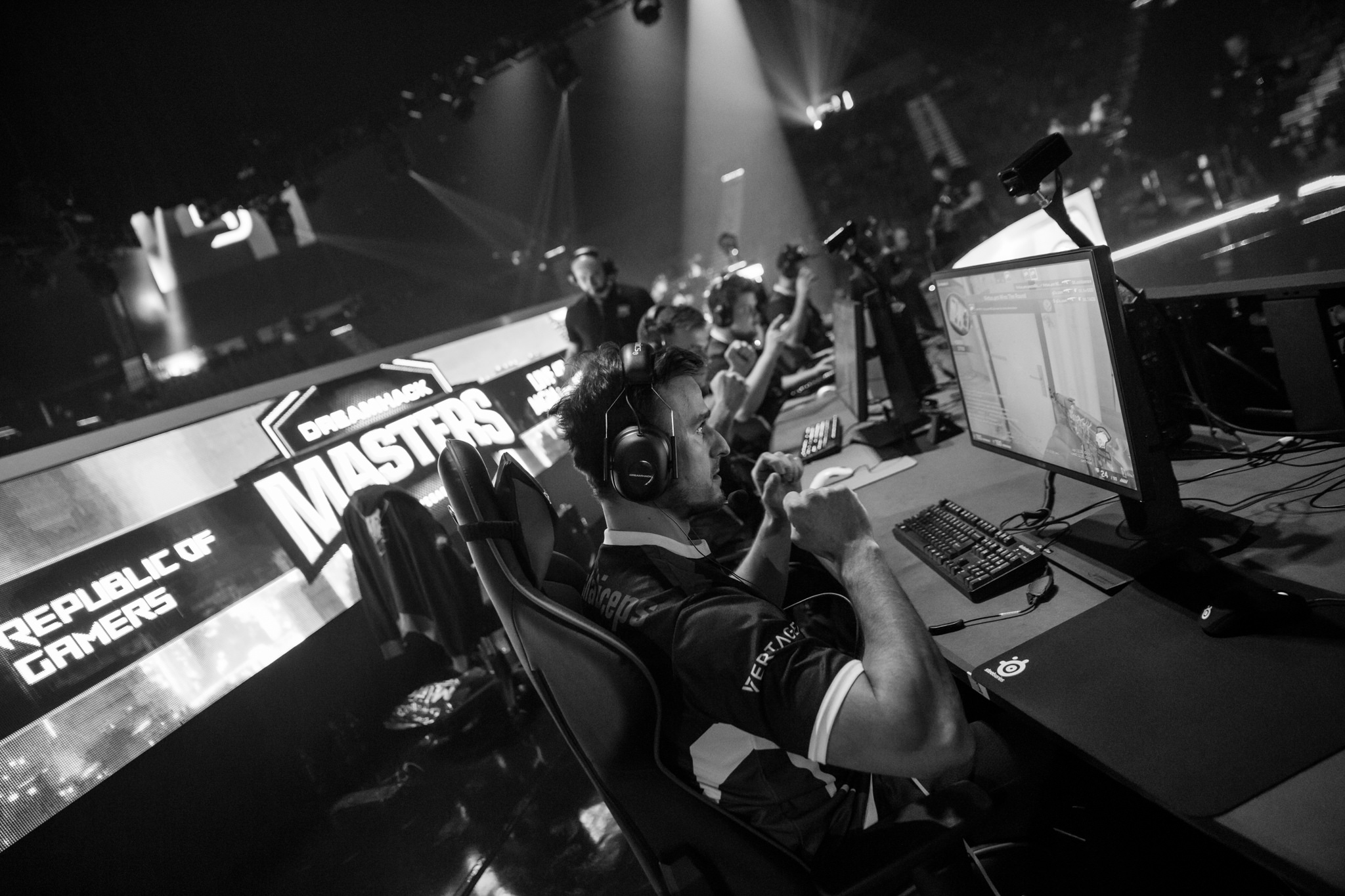
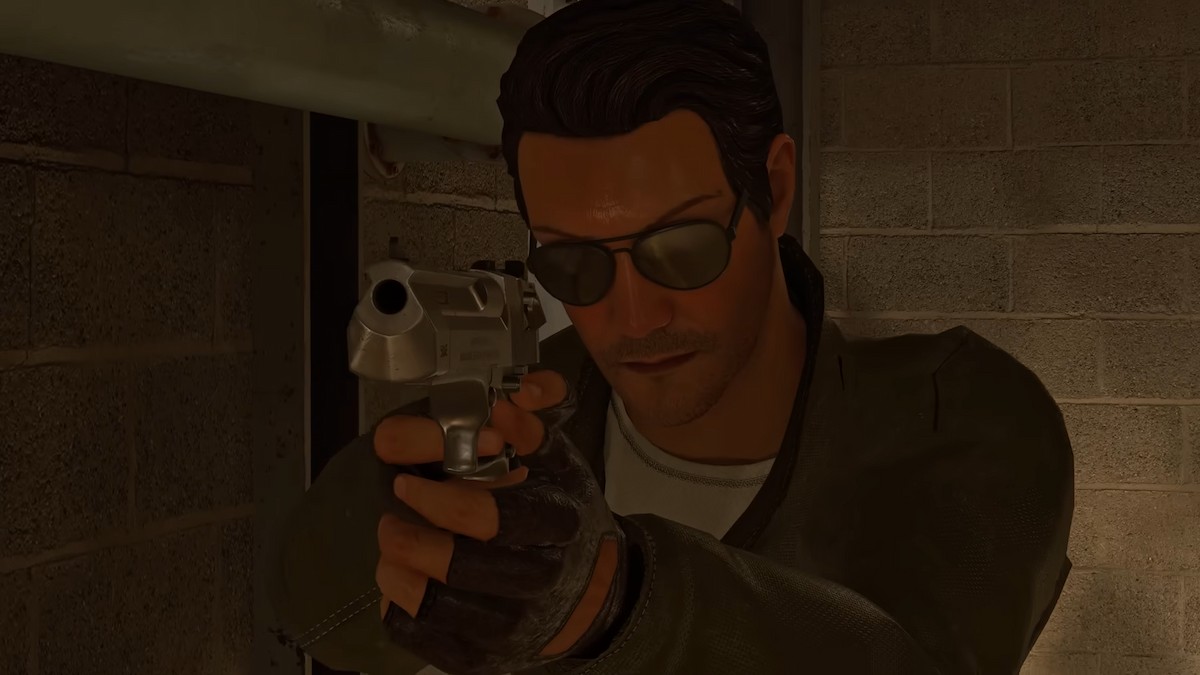
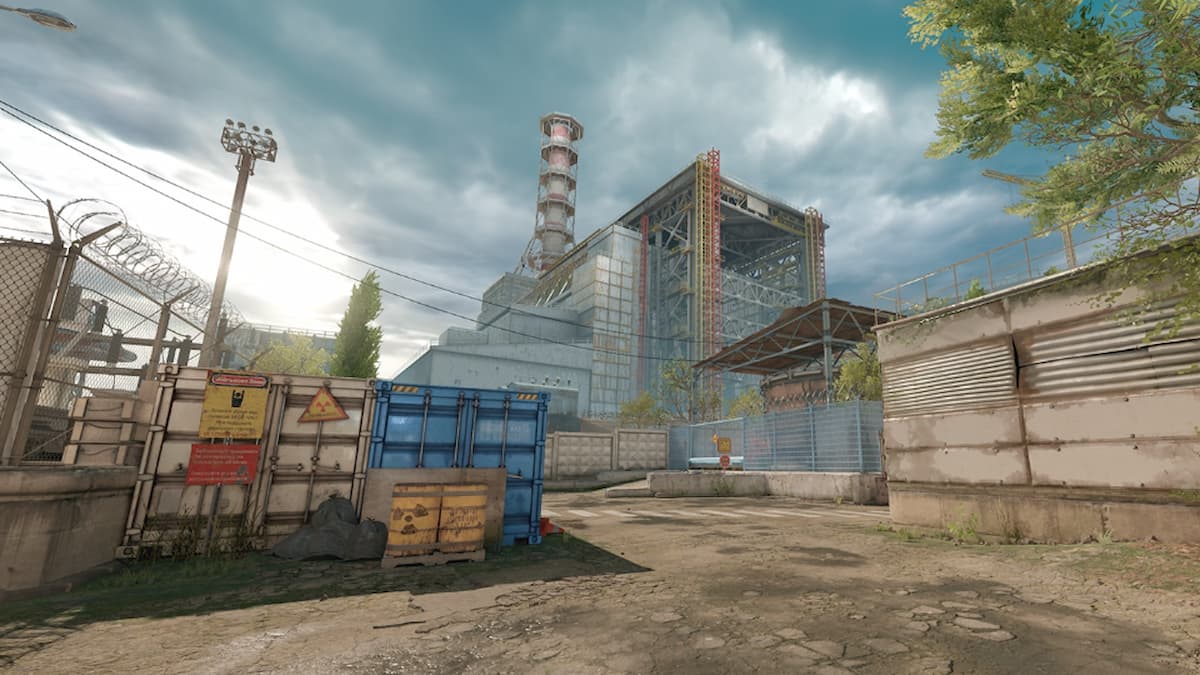
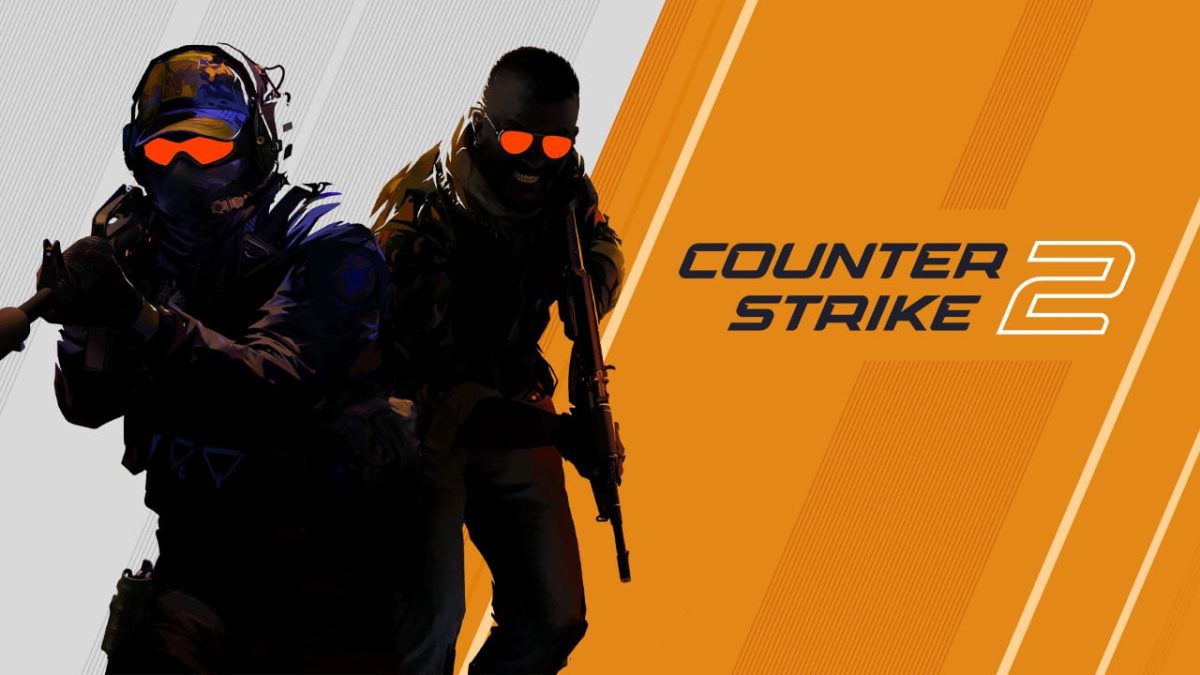
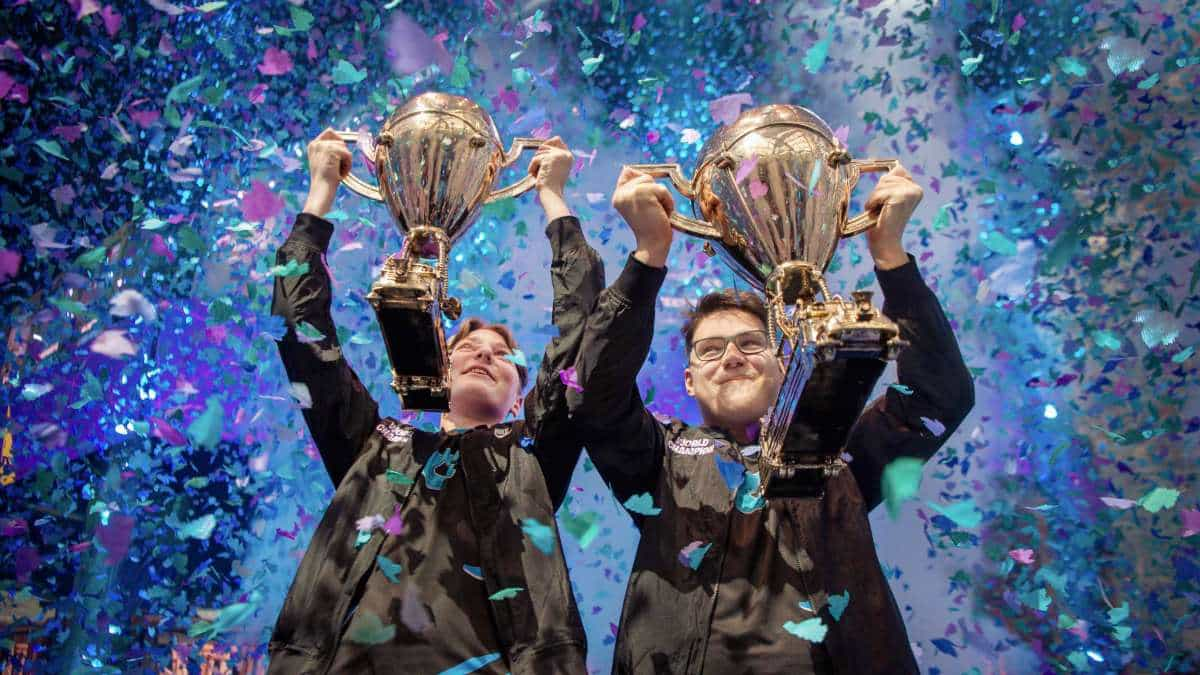

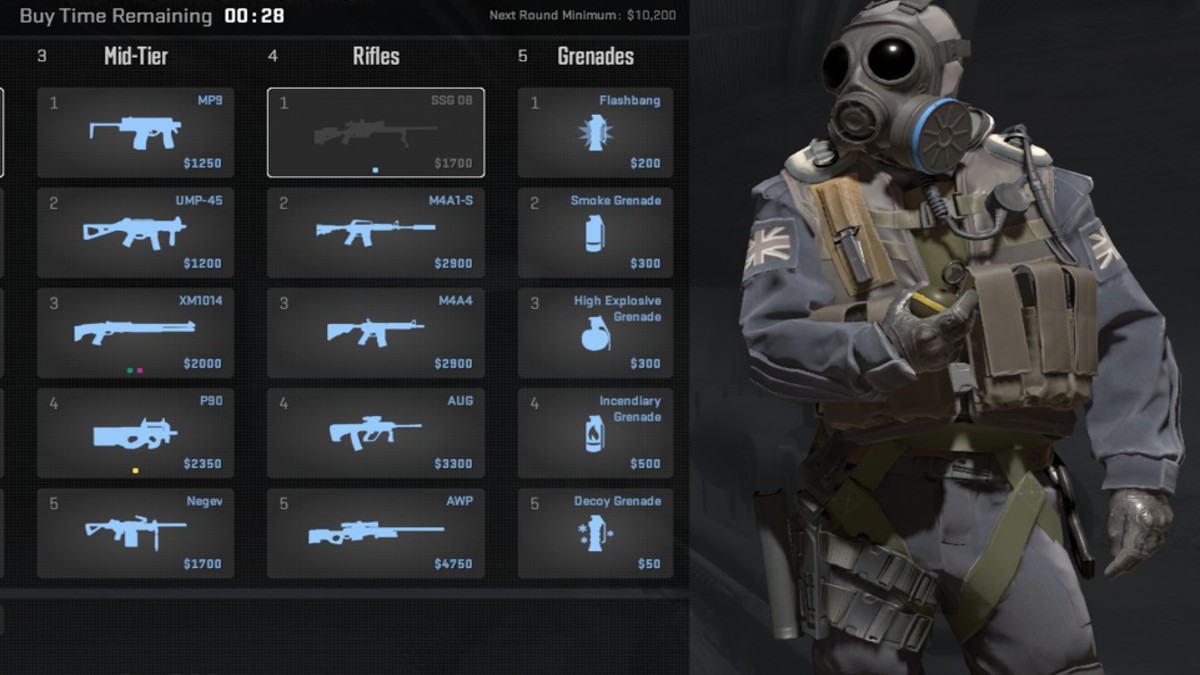
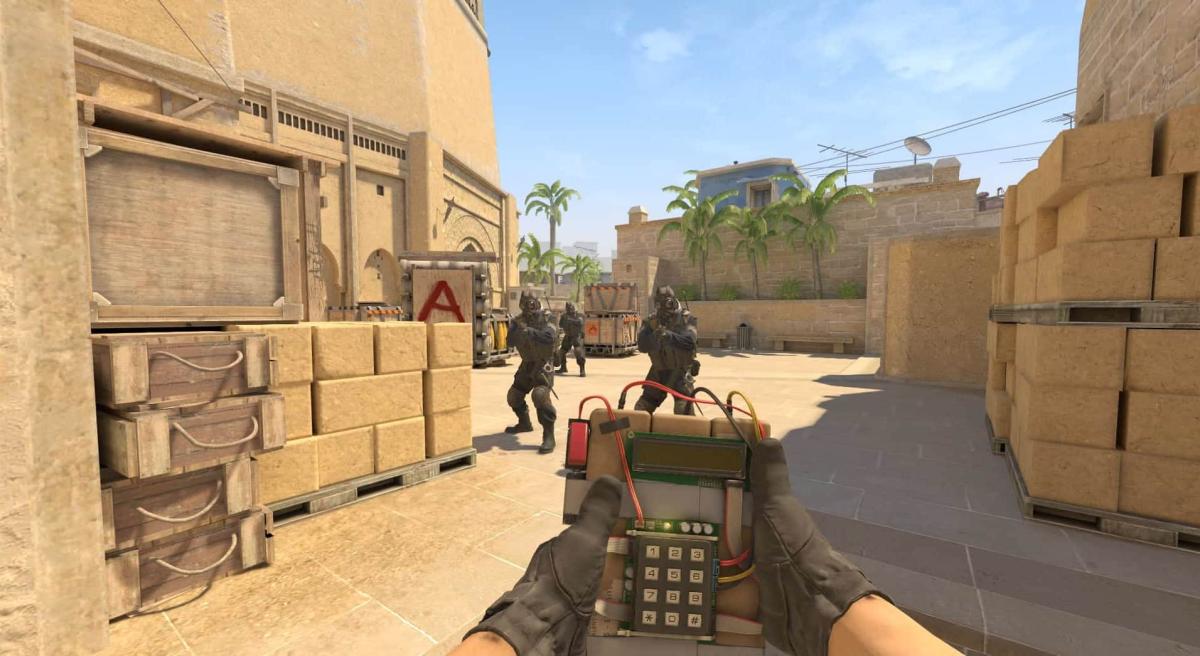
Published: May 17, 2017 03:03 pm